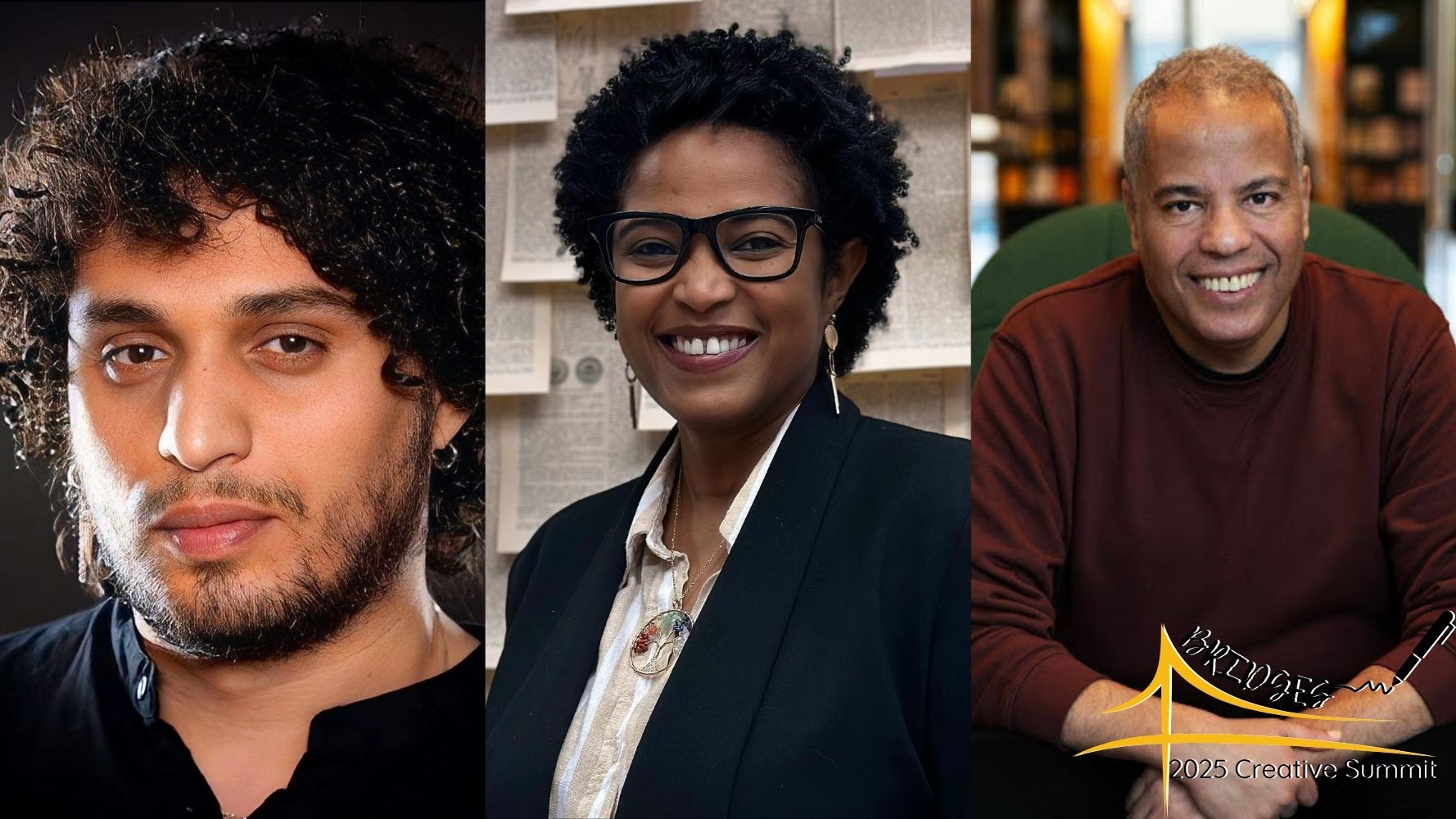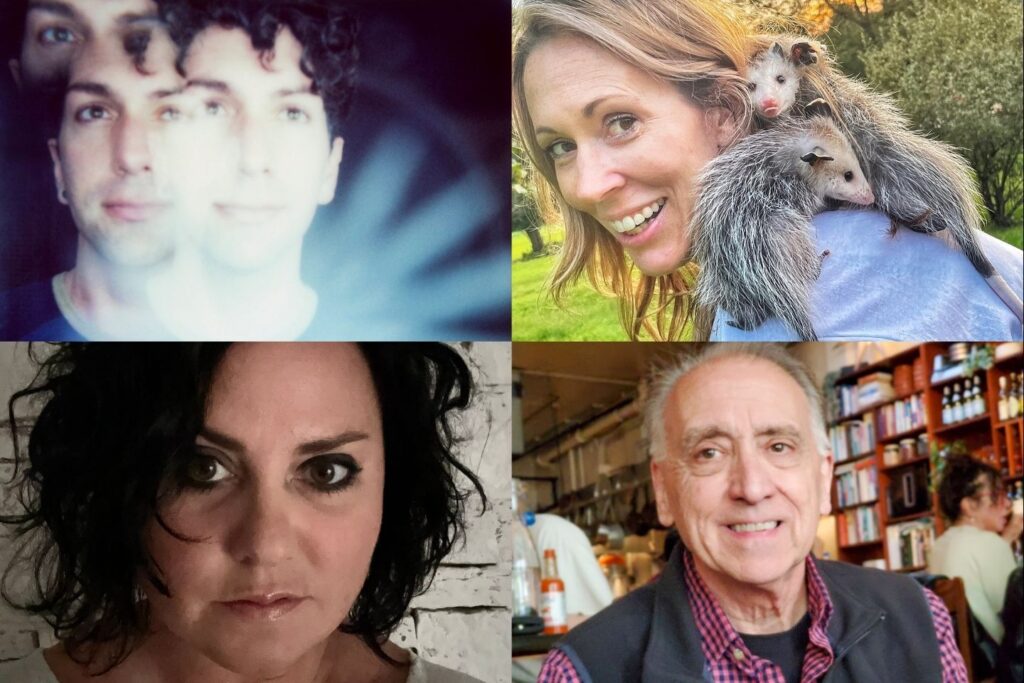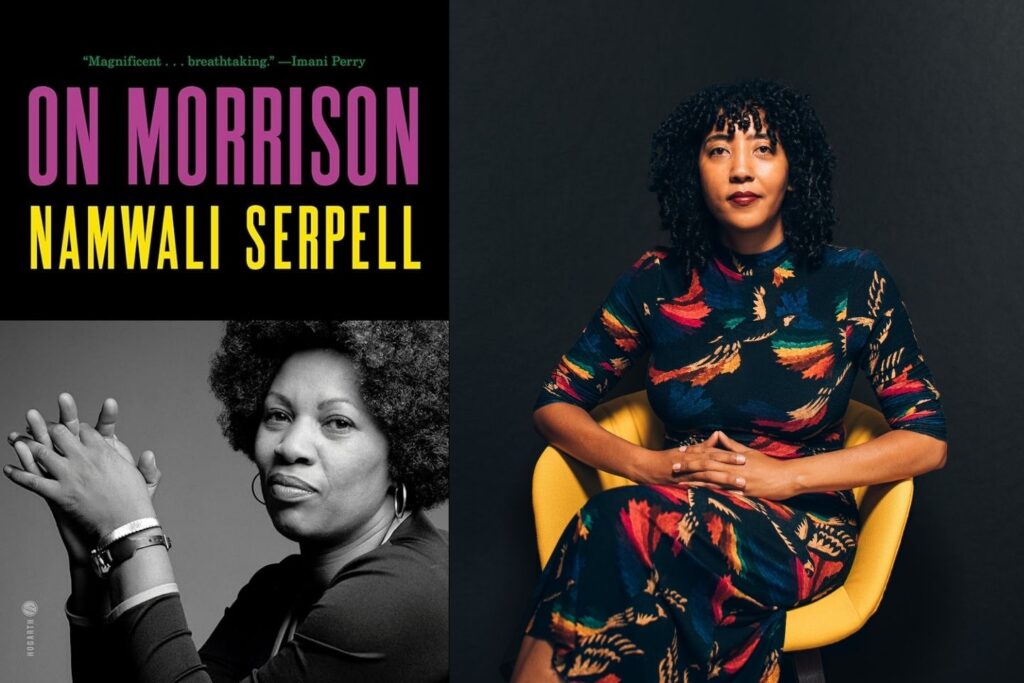
- This Program has passed.
Arab Voices in Exile
May 22, 2025 @ 2:30 pm - 3:30 pm EDT

Join us for readings by several City of Asylum and ICORN residents highlighting their respective and collective journeys and resilience. These distinct texts, written during the authors’ residencies, will be performed in Arabic with translations displayed on screen. Writers include Rania Mamoun, Bo Mima, Anouar Rahmani, and Montaser Abdel Mawgoud. After the reading, the writers will discuss their experiences in exile with Nevine Abraham, Assistant Teaching Professor and Coordinator of Arabic Studies in the Department of Languages, Cultures, and Applied Linguistics at Carnegie Mellon University in Pittsburgh.
About the Authors:
Rania Mamoun is a Sudanese activist and bestselling writer of poetry, fiction, and nonfiction. She completed Something Evergreen Called Life, a poetry manuscript written during the COVID-19 quarantine, translated into English by Yasmine Seale, and published by Action Books in 2023. Rania has published two novels to great international acclaim, Green Flash and Son of the Sun, and Thirteen Months of Sunrise, a short story collection that was shortlisted for the 2020 Warwick Prize for Women in Translation. Rania continues to organize for democracy in Sudan. Her writing has appeared in English, Korean, French, and Spanish translation. She has been a Writer-in-Residence at City of Asylum since 2019.
Montaser Abdel Mawgoud is an award-winning poet, writer, and literary critic from Alexandria, Egypt, based in Norway. He holds a BA in Arabic Language & Literature. Montaser has participated in numerous international festivals, and his works have been translated into English, French, Spanish, Romanian, Macedonian, Swedish, and Norwegian. He has published four poetry collections, including Wars and Defeats (2004) and In Praise of Small Towns (2019), as well as a novel, Typewriter Teacher and His One Colour (2021), among other works. He has two new books on the way: Archipelago Isolation (Svalbard Diaries) and In the Presence of the Mountains (Haiku poems). After the publication of his poetry collection, There Are Things That Will Never Be Tried (2012), Montaser Abdel Mawgoud was accused of blasphemy and atheism, facing legal challenges and pressure to withdraw his work. In 2018, Abdel Mawgoud arrived in Trondheim, where he was an ICORN Artist-in-Residence until 2020.
Anouar Rahmani is an Algerian novelist, journalist, and human rights defender whose literary work boldly challenges societal norms and advocates for freedom of expression, LGBTQ+ rights, and social justice. He has published four novels, each igniting critical discourse and controversy. As a pioneering advocate for human rights, Rahmani was the first to publicly demand the legalization of same-sex marriage in Algeria, breaking one of the country’s most significant taboos. He is also a prominent figure in the women’s rights movement in Algeria and the broader Arab world. Rahmani’s commitment to literature and human rights has earned him prestigious international recognition. In 2021, he was shortlisted for the Index on Censorship Freedom of Expression Award and honored by the German Bundestag’s “Parliamentarians for Parliamentarians” initiative. He is a 2022 Artist Protection Fund Fellow and a City of Asylum Writer-in-Residence (2022-2025). His academic journey includes esteemed fellowships such as the Carnegie Mellon Scholars Fellowship (2022-2024) and the Scholars at Risk Fellowship (2023-2024). Rahmani holds a Master’s degree in Law, States, and Institutions & International Law from Algeria, and a Master’s in Global Communication and Applied Translation from Carnegie Mellon University in Pittsburgh. Forced into exile due to threats and repression, Rahmani now resides in the United States, where he continues his literary and advocacy work.
About the Moderator:
 Nevine Abraham is Assistant Teaching Professor and Coordinator of Arabic Studies in the Department of Languages, Cultures, and Applied Linguistics at Carnegie Mellon University in Pittsburgh. Her research is positioned at the intersection of literary-cultural studies, indigeneity, and the issues of social justice and minoritization. She examines minorities in the intellectual, social, and political history of the Middle East and North Africa, with a focus on the role of the institutions of power—from imperialism to post-independence nationalism and subsequent regimes—in marginalizing groups, compromising their rights, and shaping their sense of citizenship and belonging. She’s the author of an Online Arabic Language program for beginners, and her publications have appeared in many refereed journals. Her research draws on her teaching to build students’ intercultural competence.
Nevine Abraham is Assistant Teaching Professor and Coordinator of Arabic Studies in the Department of Languages, Cultures, and Applied Linguistics at Carnegie Mellon University in Pittsburgh. Her research is positioned at the intersection of literary-cultural studies, indigeneity, and the issues of social justice and minoritization. She examines minorities in the intellectual, social, and political history of the Middle East and North Africa, with a focus on the role of the institutions of power—from imperialism to post-independence nationalism and subsequent regimes—in marginalizing groups, compromising their rights, and shaping their sense of citizenship and belonging. She’s the author of an Online Arabic Language program for beginners, and her publications have appeared in many refereed journals. Her research draws on her teaching to build students’ intercultural competence.
Related Programs
Want to follow news about theExiled Writer and Artist Residency Program at City of Asylum? Sign up for our email list to receive news updates, information about our upcoming programs, and more!




